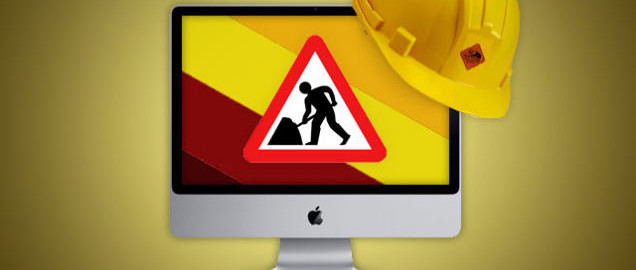5 Things every computer user needs to know
5 Things every Computer User needs to know
By Jeandre de Beer / Kim Komando
A good number of computer users think the answer to the tech problems they encounter is to ignore the symptoms, upgrade to fancier software or buy a new computer.
Here are five things that won’t turn you into a tech guru overnight, but they’ll keep your computer running fast, make you more productive and save you tons of frustration. Best of all, they won’t cost you a cent.
If you’re the tech support person for your family and friends, be sure to share this with them. You’ll get more work done if your mailbox doesn’t fill up with subject lines like “Do I have a virus?” or “Help! Having Wi-Fi problems!”
1. Work faster using keyboard shortcuts
The great thing about computers is that they can work much faster than you can. But telling them what to do is often a slow process. Well, there’s a fix for that.
Say you’re ready to print a document. Instead of using the mouse to move a cursor around the screen and selecting “Print” from a drop-down menu, just hit Control+P on your keyboard.
There are dozens of keyboard shortcuts like this, from pressing Ctrl+S to instantly save the file you’re working on, to pressing Ctrl+Z to undo a delete etc.
It takes a little getting used to at first, but after you try keyboard shortcuts for a while, I guarantee that your mouse will start gathering dust.
2. Protect yourself from viruses and spyware
It’s critical that you keep your security software current. New viruses are unleashed daily. If your software is out-of-date, you aren’t protected. Malware can destabilize your computer, destroy files and steal personal information.
Every computer you own should have an antivirus program, a firewall and an anti-spyware program. Another huge threat right now is security holes in Java, a programming language used by Web browsers to run interactive content.
When a vulnerable version of Java is active in a Web browser, visiting a compromised website is all it takes for crooks to sneak malware on to your computer. In most cases, you won’t even know the site is compromised until it’s too late.
To stay safe, stop using Java — or stay on top of the upgrades.
3. Share large files the easy way
The Internet was designed to make sharing information easy. But we’ve all run into roadblocks trying to share larger files by email.
Sending large files through email is slow, can hit attachment size limits or fill up recipient inboxes.
Fortunately, there are easier ways to share large files. These three popular sites will get the job done for you: Dropbox, WikiSend and Senduit.
4. Fix Wi-Fi problems
Few things are worse than a sluggish wireless network. Movies stop to buffer, online games lag and video calls drop.
First, double-check that the Internet speed you’re getting is as fast as what you are paying for. Speedtest.net is a great service that will give your Internet connection a quick speed test.
Make sure your wireless network is encrypted. A sudden drop-off in wireless network speed could be a sign that your neighbors are using your open connection to surf and download files.
If parts of your home are Wi-Fi dead spots or get very weak signals, try placing the router in an open, central location — away from walls and obstructions, such as metal filing cabinets.
5. Perform regular maintenance and make backups
Keep your software up to date. Updates fix bugs and improve the stability of your operating system and programs.
If you spend more than two minutes a day looking for files on your hard drive, it’s time to organize your files and clear out old stuff. Freebies like PC Decrapifier and Ccleaner can help you. Keeping free space on your hard drive will also give a speed boost to your operating system.
Of course, the most important maintenance tip I can give is to back up your data. This way, your backup is safe from fire, theft and flood. There are many such services available. There are also free levels of storage from Microsoft’s Sky Drive, Google Drive and others.
If you need help – please contact us.






Leave a Reply
Want to join the discussion?Feel free to contribute!